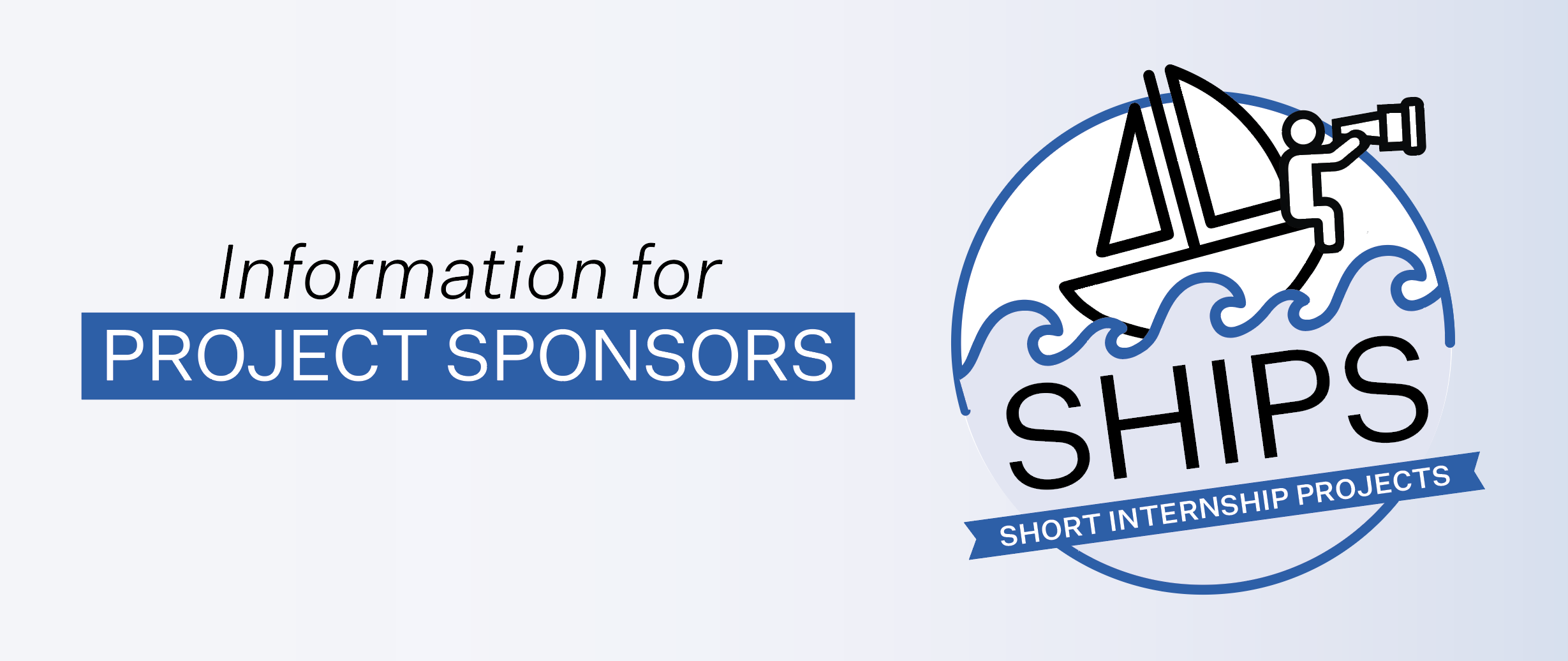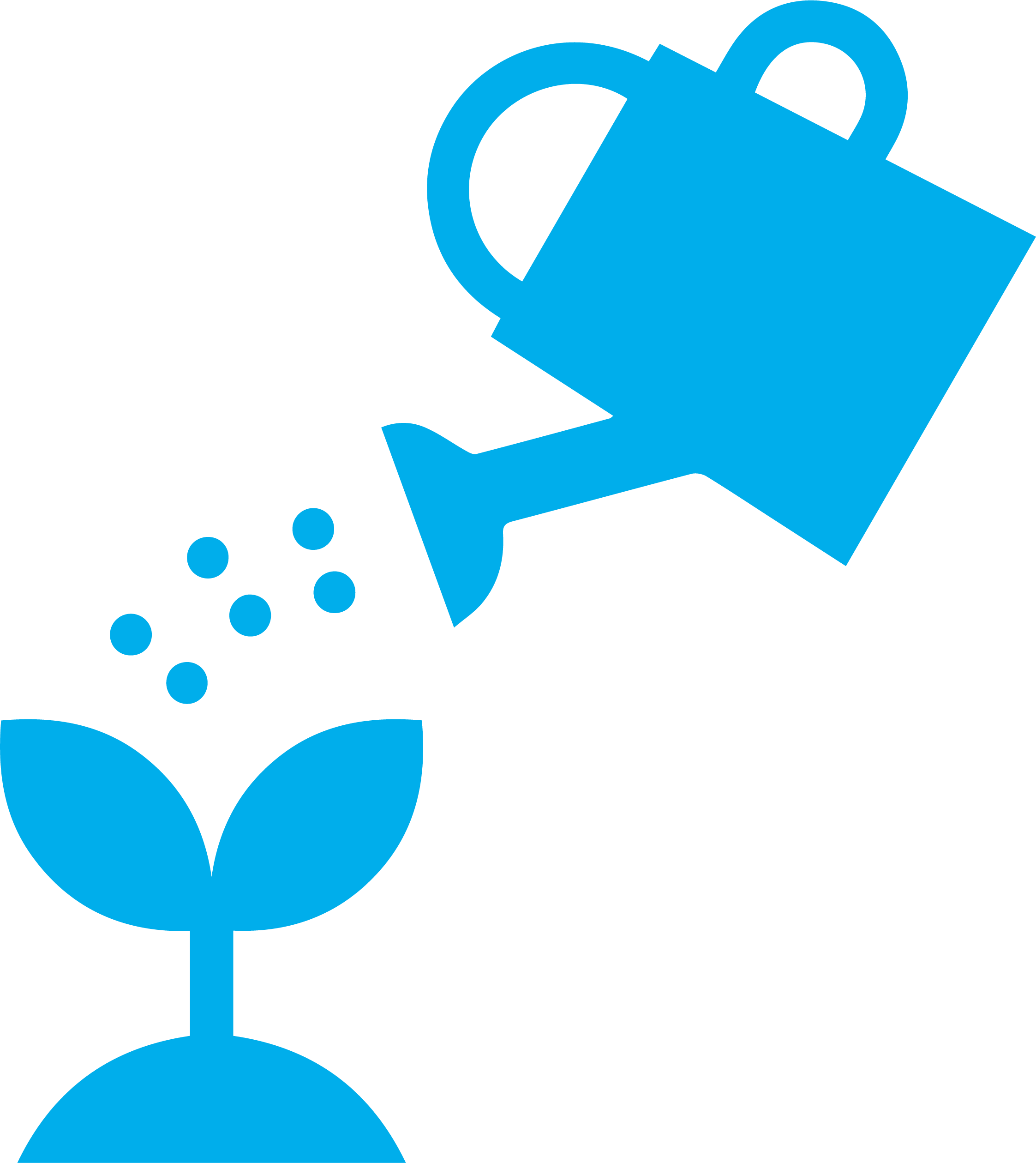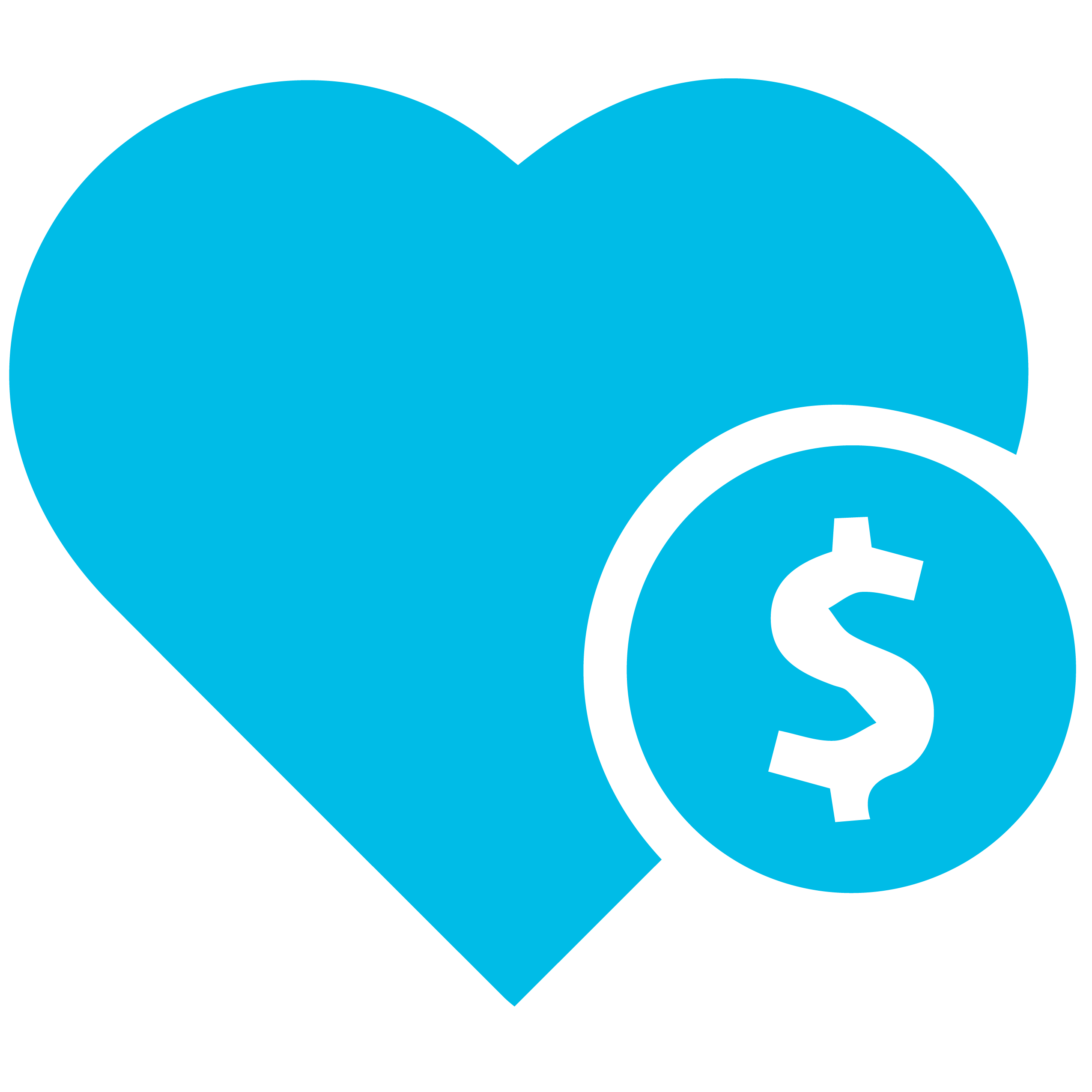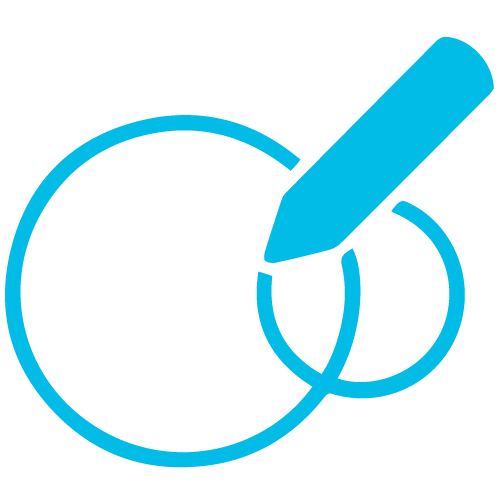Project Sponsor Details: Short Internships Projects (SHIPs)

Summer Short Internship Projects (SHIPs)
A Guide for Alums, Campus Partners, Employers, and Parents
Wellesley's Short Internship Projects (SHIPs) are short-term (60-80 hours), virtual internship projects that can be completed by first- and second-year Wellesley students. The SHIPs program allows students to gain professional experience by working on a real-world project for an alum, employer, parent, or campus partner while organizations benefit from student support.
Project submissions are open until March 25, 2024.
Students will apply to projects from April 1 – 15, and hiring should occur by May 15, 2024. Projects should be completed between the dates of June 1 – July 31. Sponsors for all approved projects will receive further instructions related to hiring and timelines.
Wellesley Career Education stipend funding can support students working on SHIPs for incorporated nonprofit and profit organizations. Stipends are not available for students working on SHIPs with organizations owned or operated by the student’s immediate family, or projects sponsored by political campaigns.
Sample Short Internship Projects
Participant Quotes
"The reflection I've undergone and the relationship I've built with my mentor have helped me become more confident in my own capabilities and more certain of my career goals. This experience was an opportunity to see how far I've come and to be excited for where I will go."
— student participant
"I am proud of the connections I made during this internship. I really stepped out of my comfort zone to talk to other team members that weren't directly involved in my work to get their opinion. It made my writing and projects that much stronger."
— student participant
"I haven't really had the chance to be a mentor before, and I want to do more of it now! I loved working with the Wellesley student we selected, and she did such a fabulous job that we've engaged her to continue the project during the rest of this year."
— alum supervisor
Design a Project
Hive Internship Projects are designed as short-term, virtual internship experiences that can be completed by first- and second-year Wellesley students. The SHIPs program allows students to gain professional experience by working on a real-world project, while your company or organization benefits from student support.
Project Content
SHIPs should consist of work that complements, rather than replaces, responsibilities typically completed by paid staff while providing significant educational benefits to the student. Educational benefits might include building or refining skills, gaining industry insights or project focus, and practicing professional competencies such as teamwork and communication.
Projects should align reasonably with the skills of early college students and have a concrete goal that can be completed in the set timeframe.
In addition to the completion of a professional task, SHIPs are learning opportunities for students, supported through guided mentorship. Projects should be designed to ensure adequate time for mentorship to take place. Career Education has a resource to help navigate how to both supervise and support a student’s professional development through SHIPs opportunities.
Project Schedule
Projects should consist of 60 – 80 hours of work completed virtually between the dates of June 1 to July 31, 2024. The specific schedule for the student’s work within that time can be determined according to what works best for the project sponsor, the student, and the nature of the project (e.g., 20 hours/week for three weeks, 10 hours/week for six weeks).
The total number of required hours should be fulfilled through work that contributes to the student’s educational benefit. In addition to time spent working on the assigned project, some of the hours should be dedicated to activities like mentorship conversations, informational interviews with other members of staff, and shadowing colleagues in meetings or on projects. Hive Internship Projects are educational experiences for students, and these types of activities will help them to practice networking, learn about the industry, and develop general professional competencies.
Project Compensation
Career Education strongly encourages project sponsors to compensate students for their SHIPs based on internal policies, practices, and HR guidelines and project sponsors should include compensation details when listing their projects. The recommended minimum rate is $16/hour or $1,000 total for a 60-80 hour project. Compensation arrangements will be handled directly between the project sponsor and the student following the applicant selection process. Wellesley College Career Education can provide funding for Summer 2024 SHIPs projects that would otherwise be unfunded.
Students are eligible to receive 0.5 nonacademic credit on their transcript upon successfully completing a HIP.
Tips for Writing a Short Internship Project Description
Short Internship Project descriptions should be as detailed as possible, so students fully understand the scope of work, outcomes expected upon completion, and how the project fits into the larger workflow and mission of your organization. Project descriptions should include the following information:
-
A brief summary of your company or organization, including details about its mission and core values.
-
An overview of project responsibilities, tasks, and projected end goals.
-
Desired skills or knowledge students will need to complete the project. Be sure to highlight particular technical or computer proficiencies.
-
The anticipated student learning outcomes upon completion of the project, articulating the skills and knowledge that a student would gain from the experience.
-
Students will submit a resume and responses to the following questions with their applications: Why are you interested in this project and what do you hope to learn? What skills and strengths could you bring to this work?
Below you will find two examples of effective Short Internship Project descriptions as a guide:
Tips for Virtual Supervision
Providing Virtual Mentorship
Supervising a student remotely comes with some unique challenges and Career Education has designed a resource to help you create a successful and impactful virtual experience.

Contacts
For questions or support about the Short Internship Projects program, please contact Destiny Barletta, Director for Alum Connections and Rebecca Miller, Program Manager for Internships at SHIPs@wellesley.edu.








